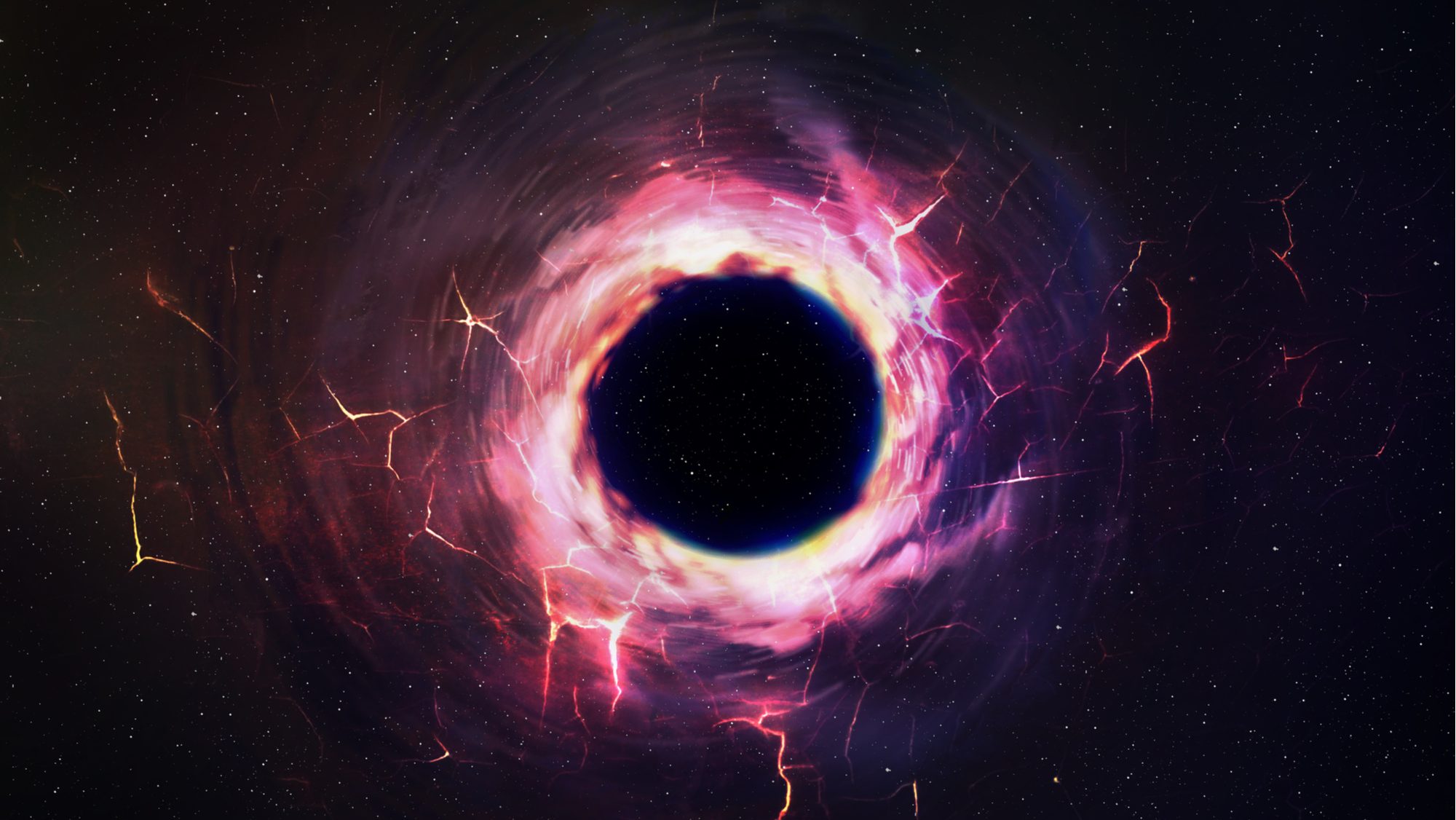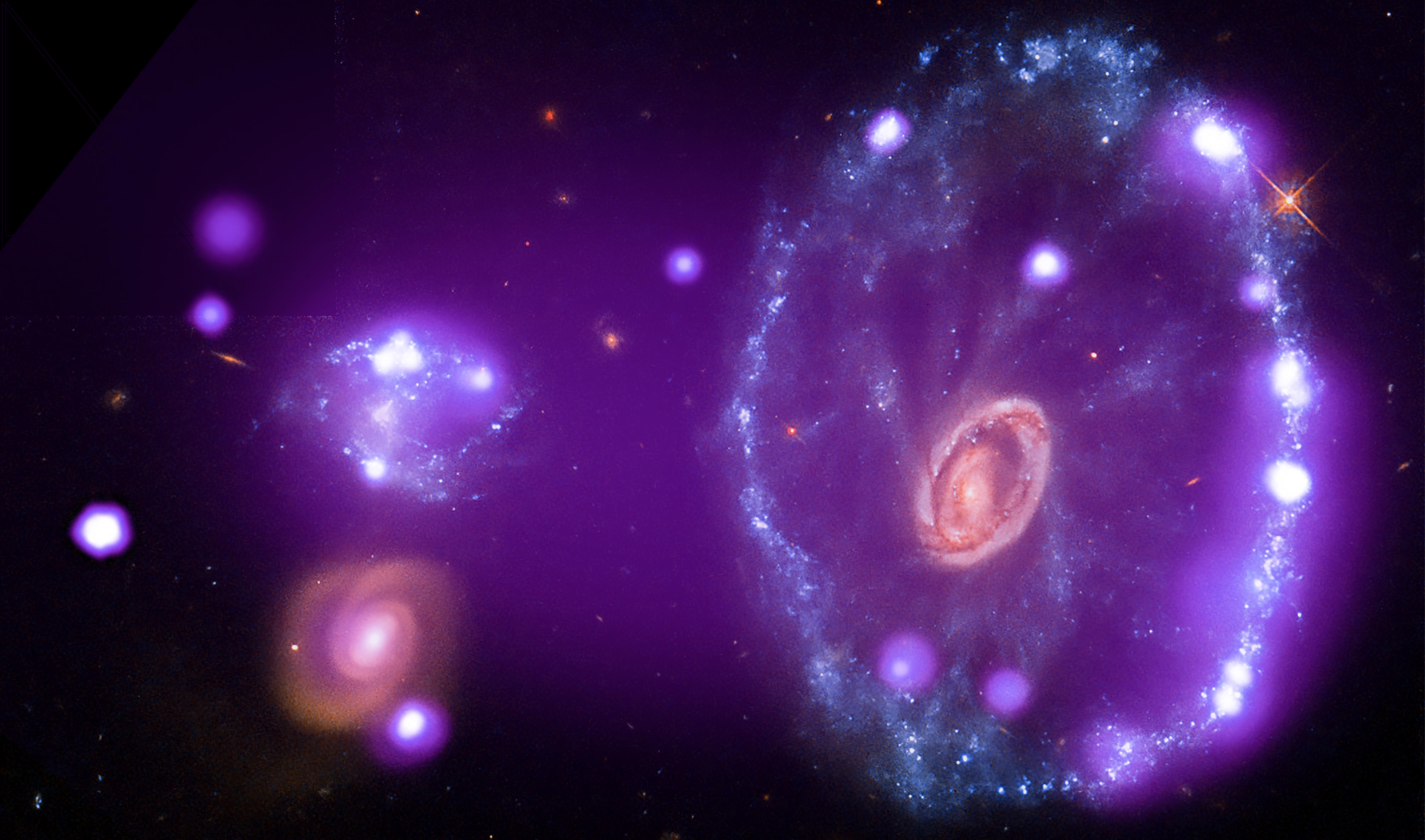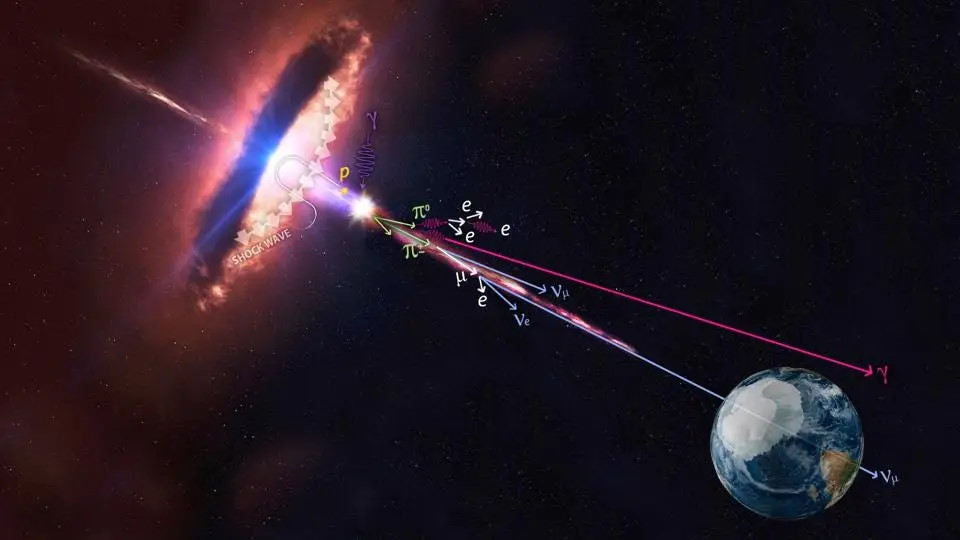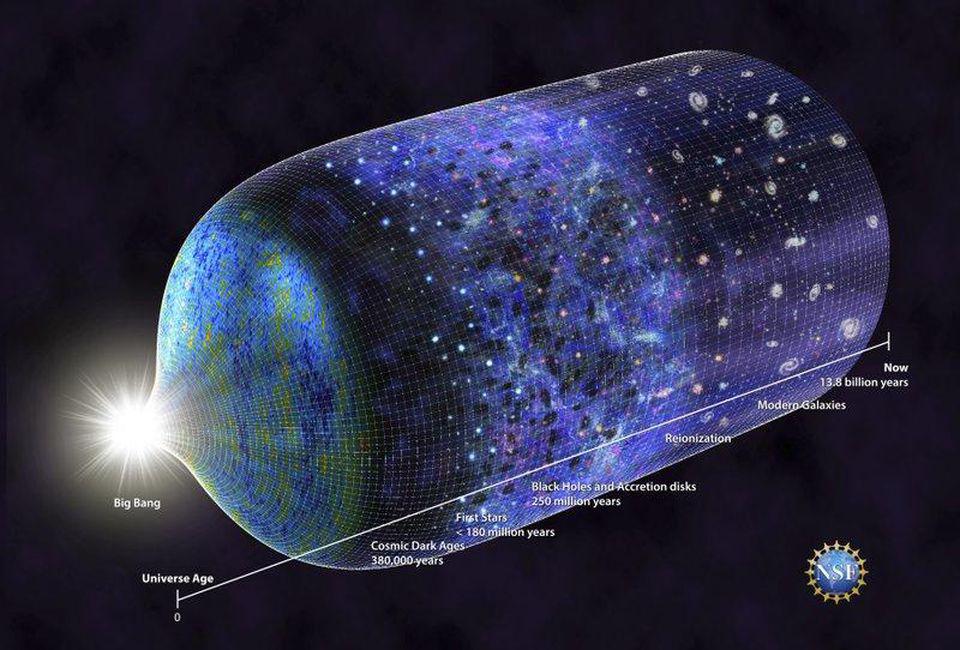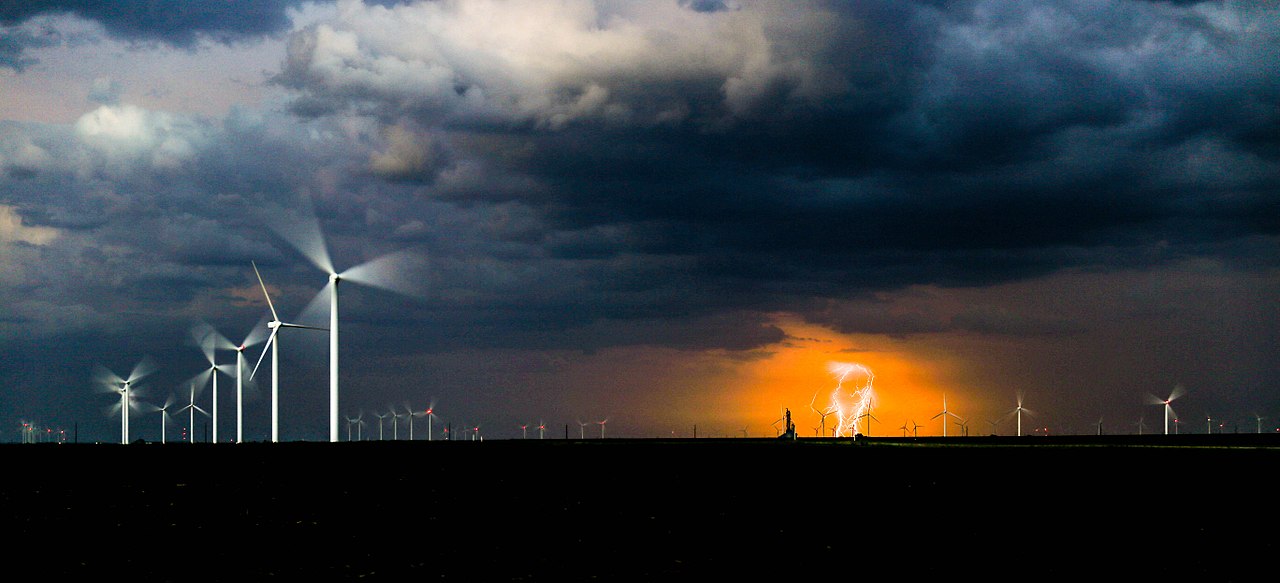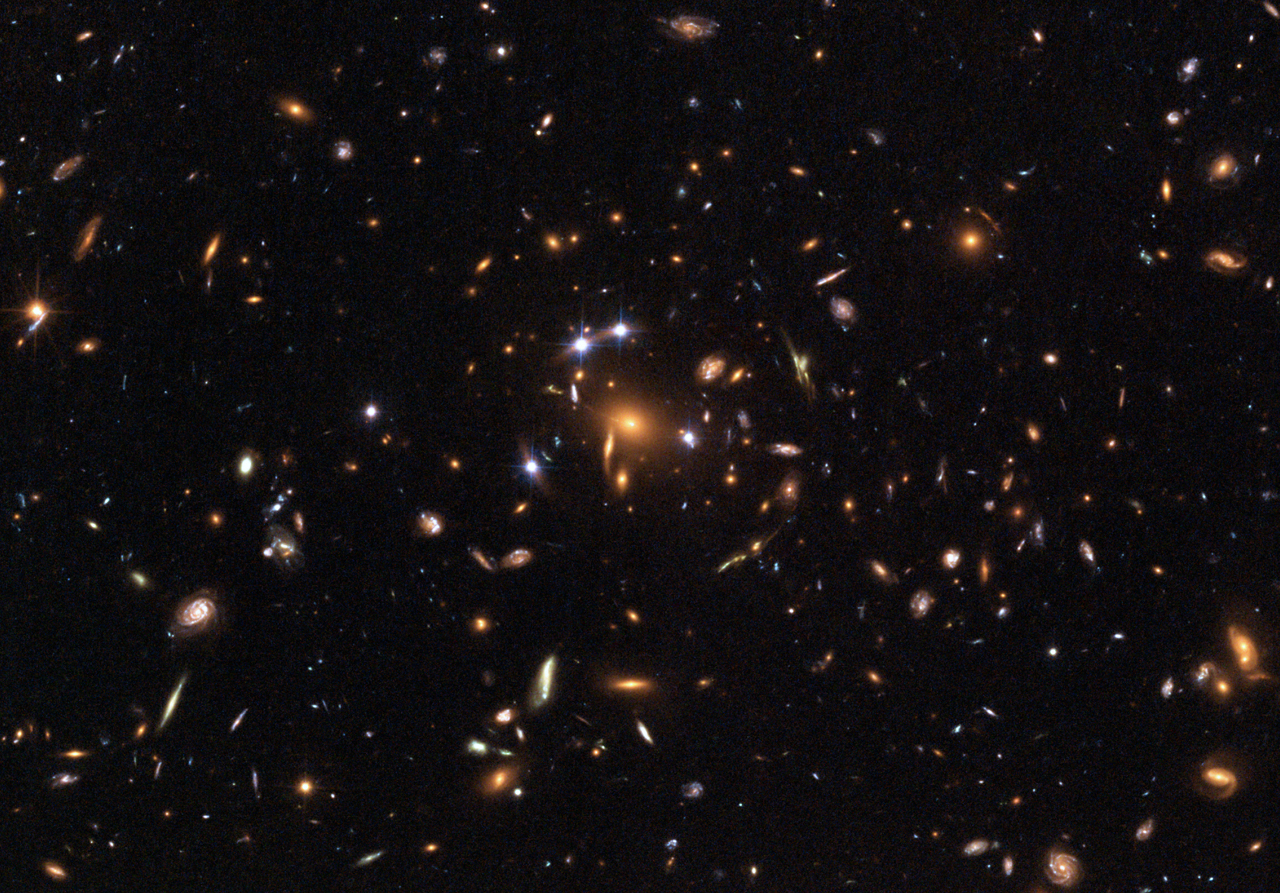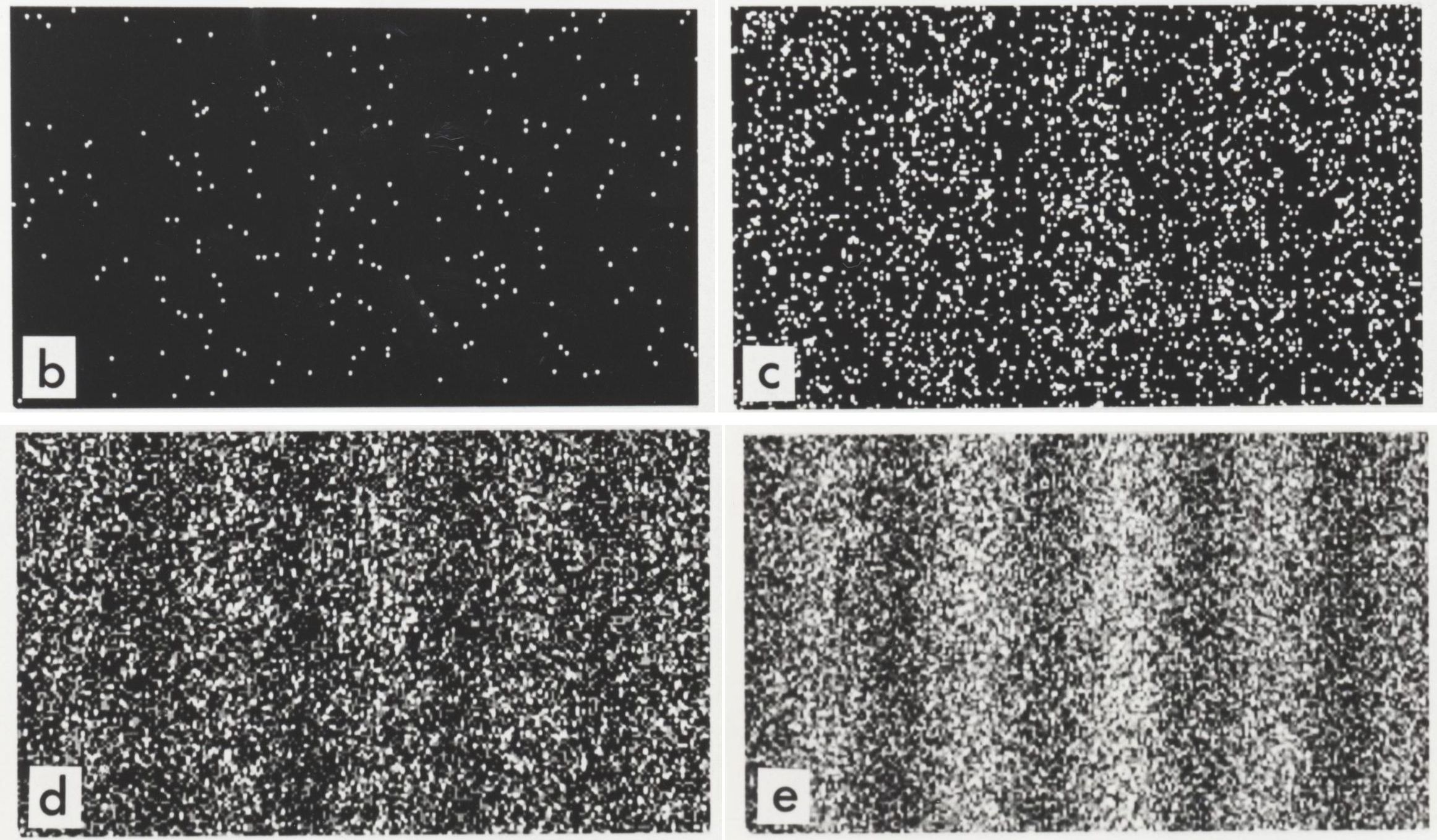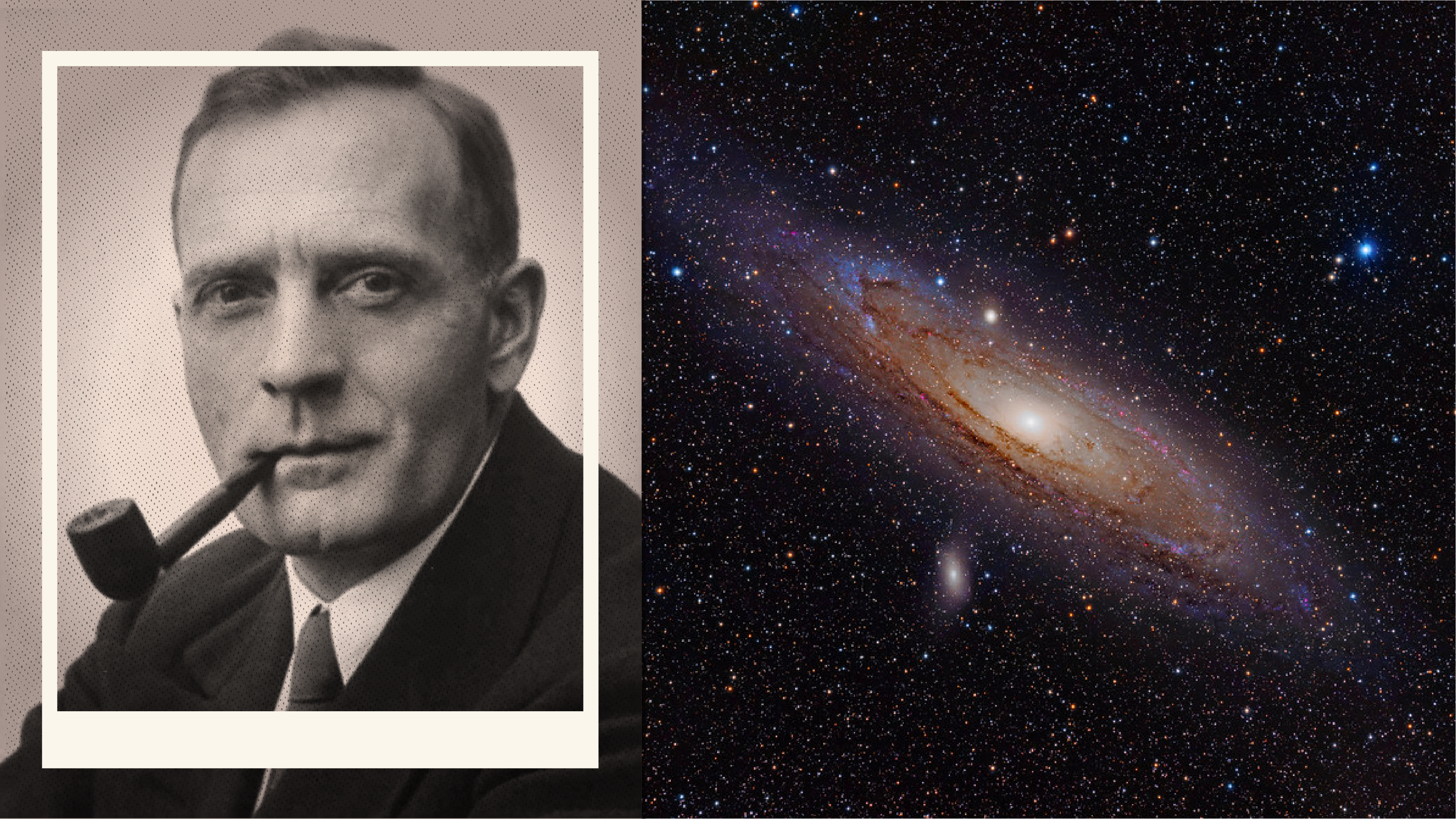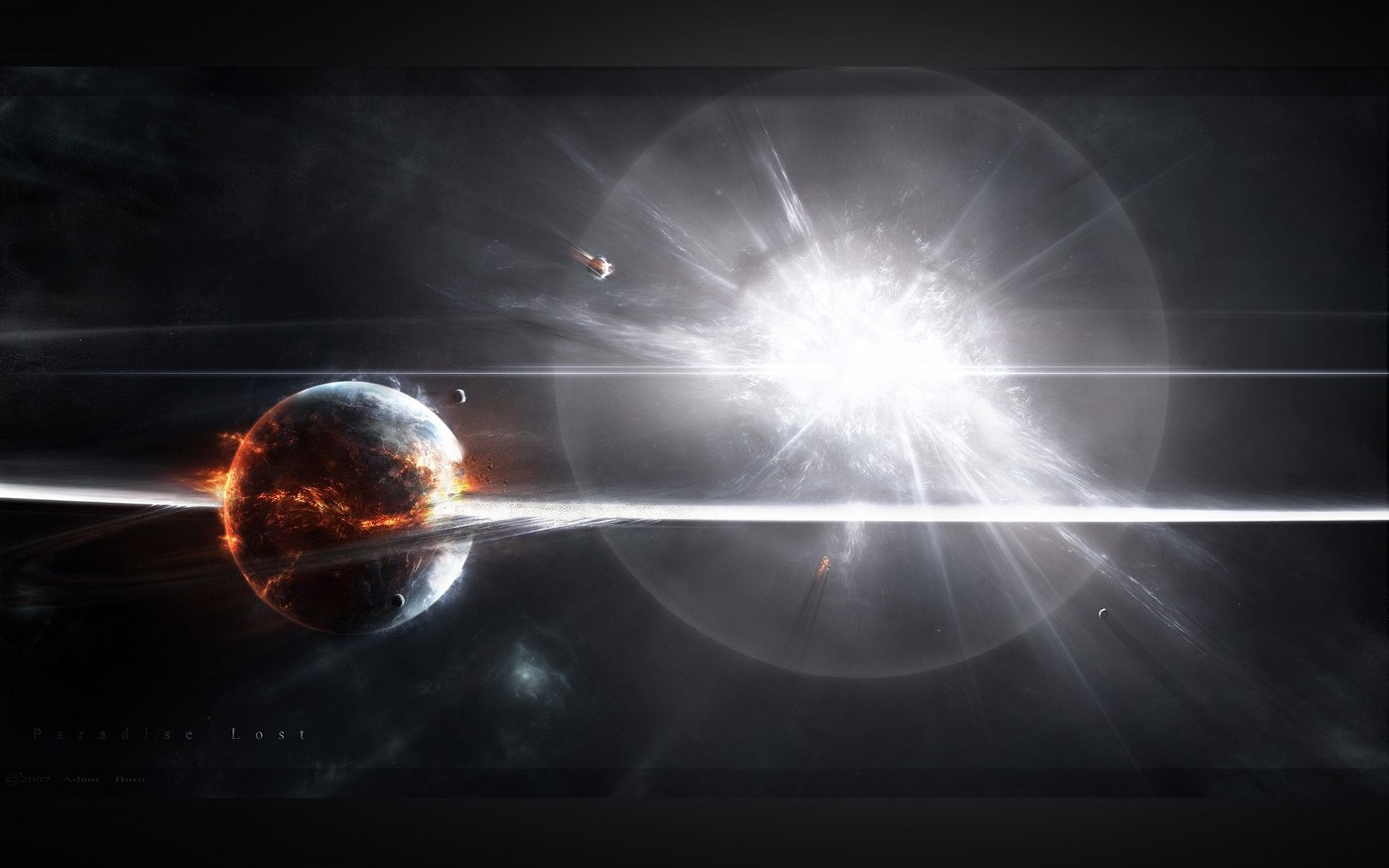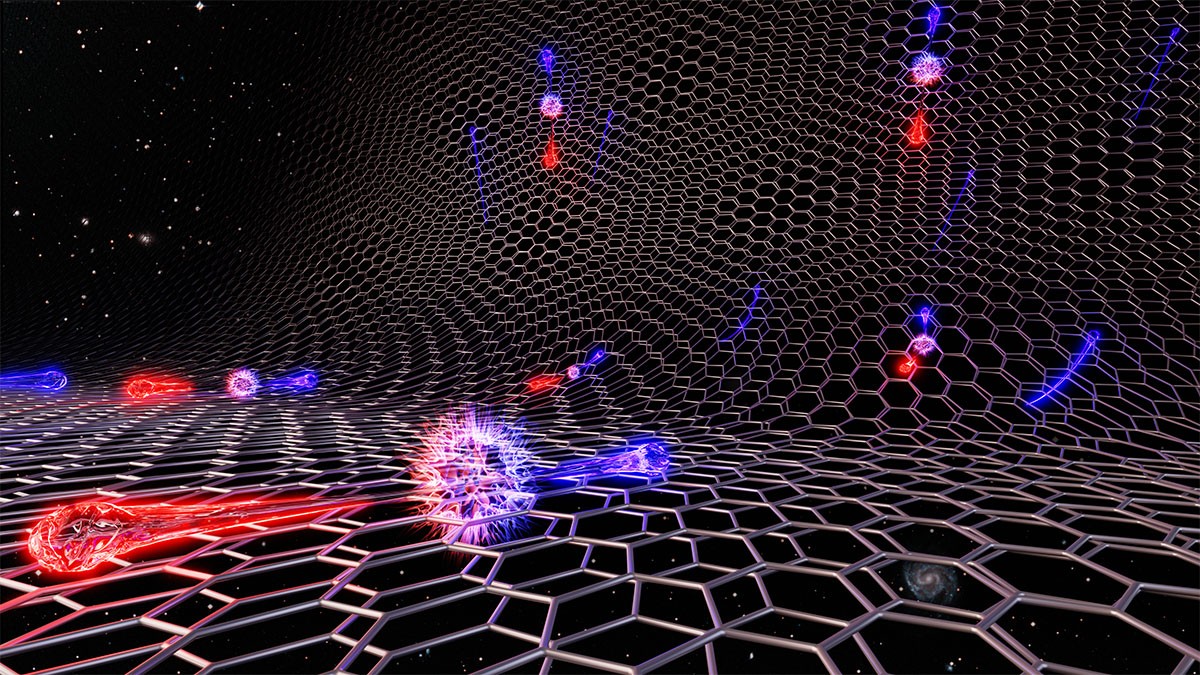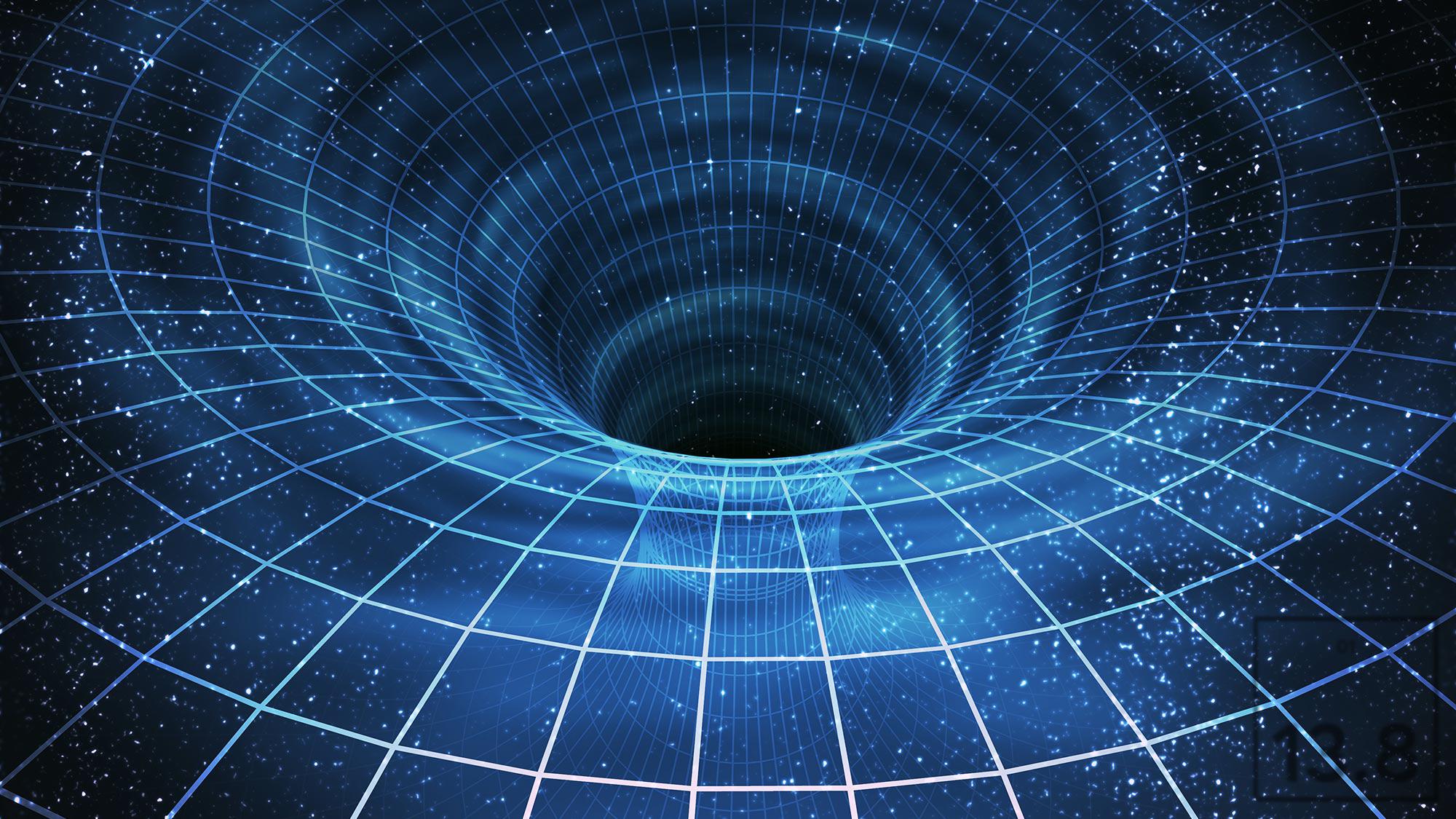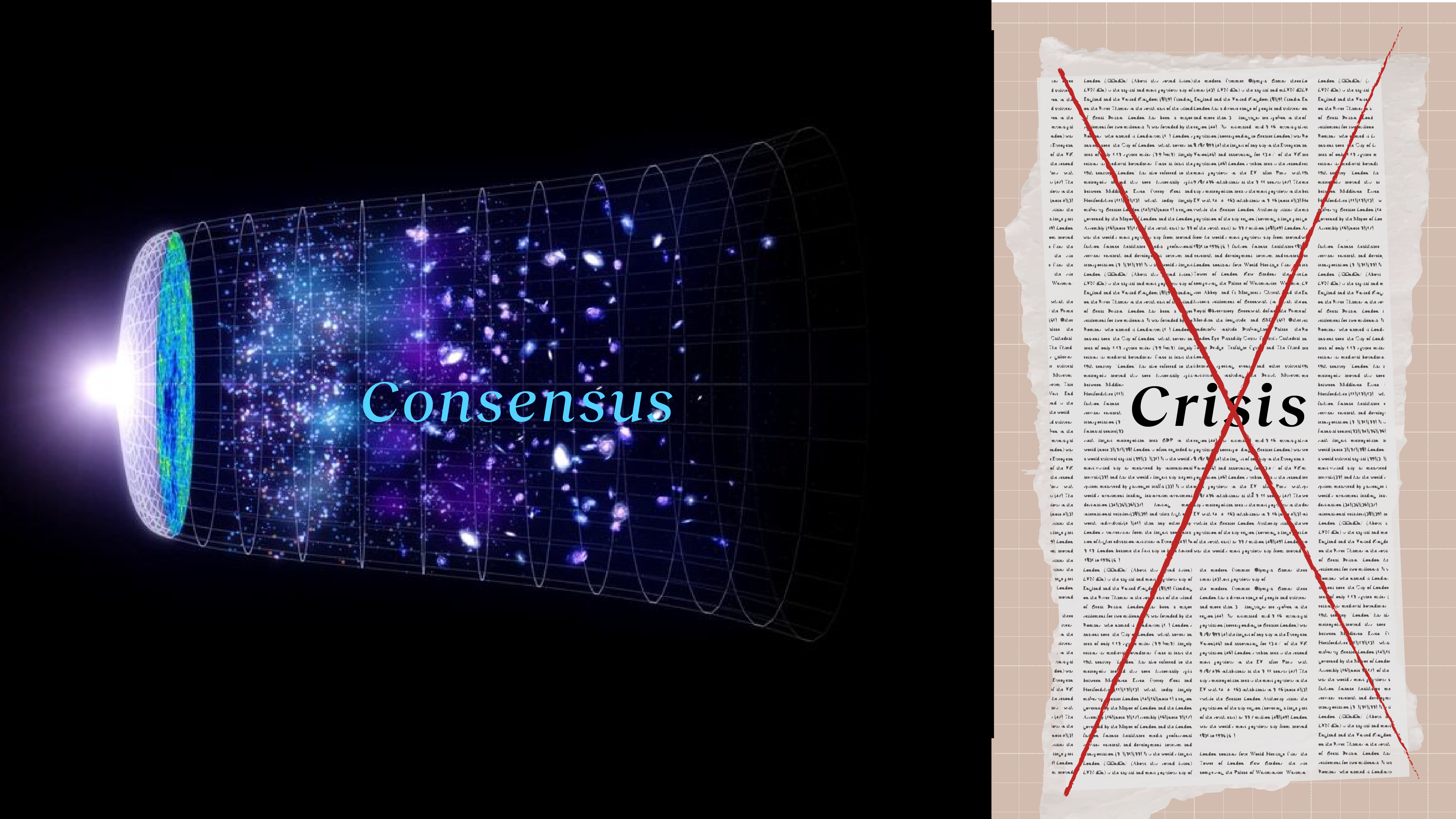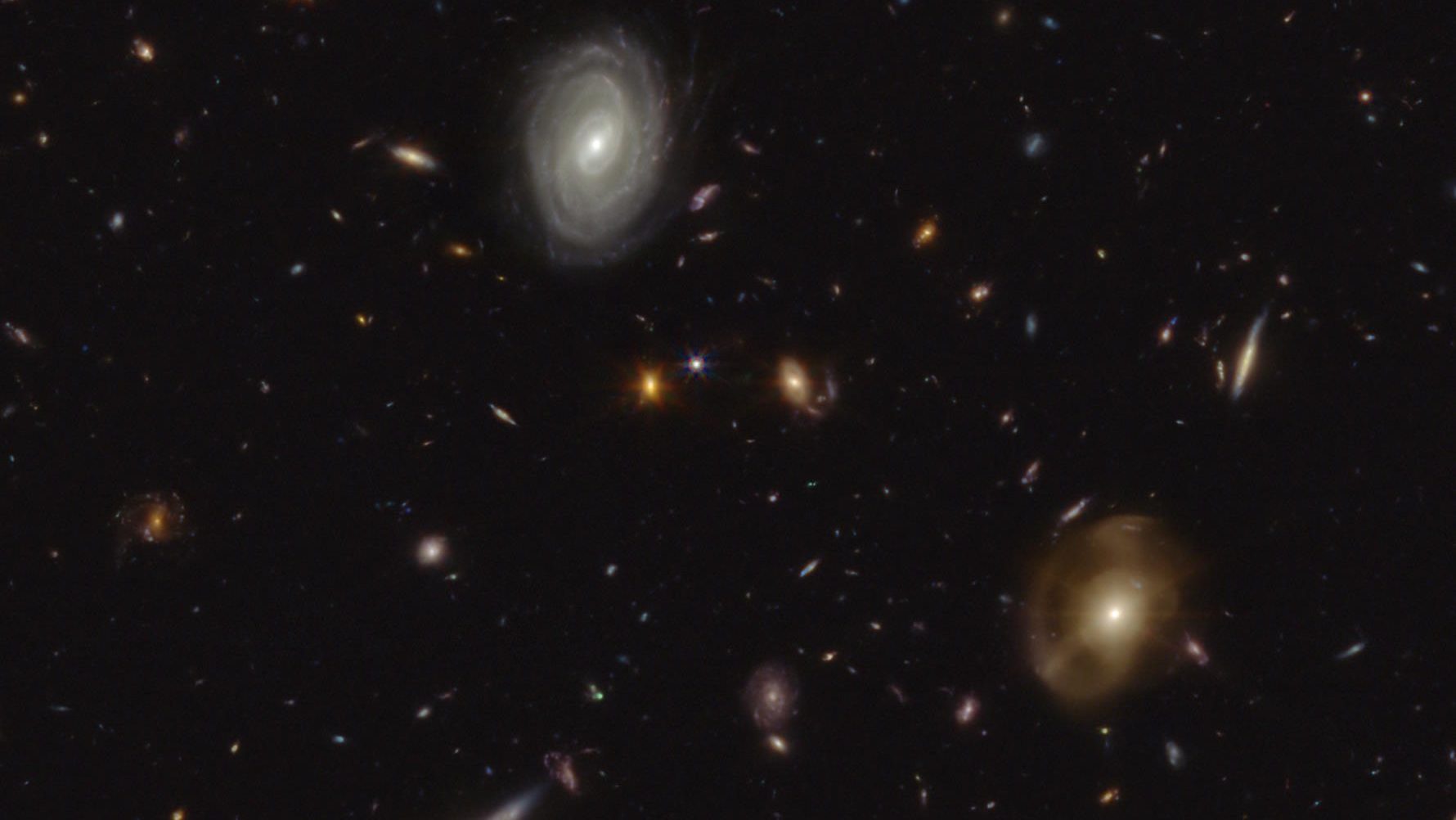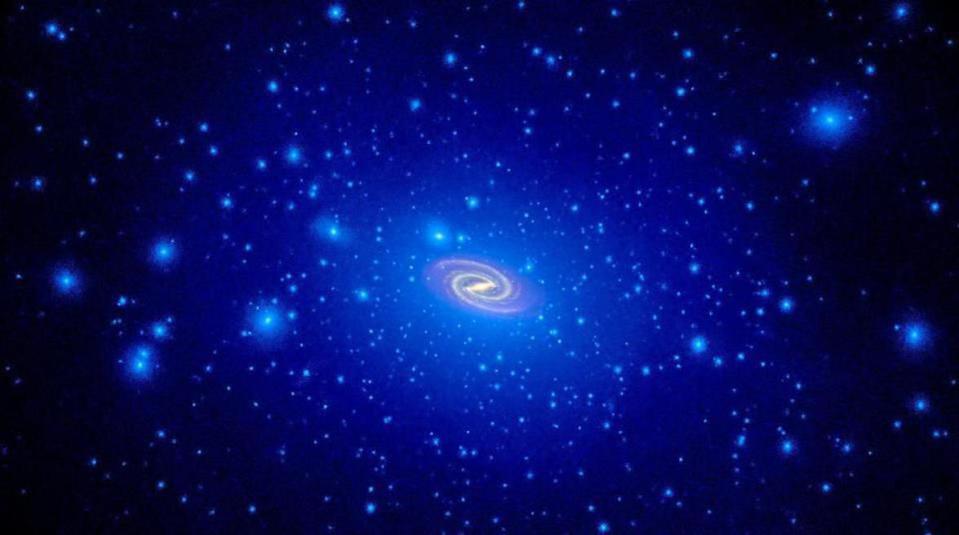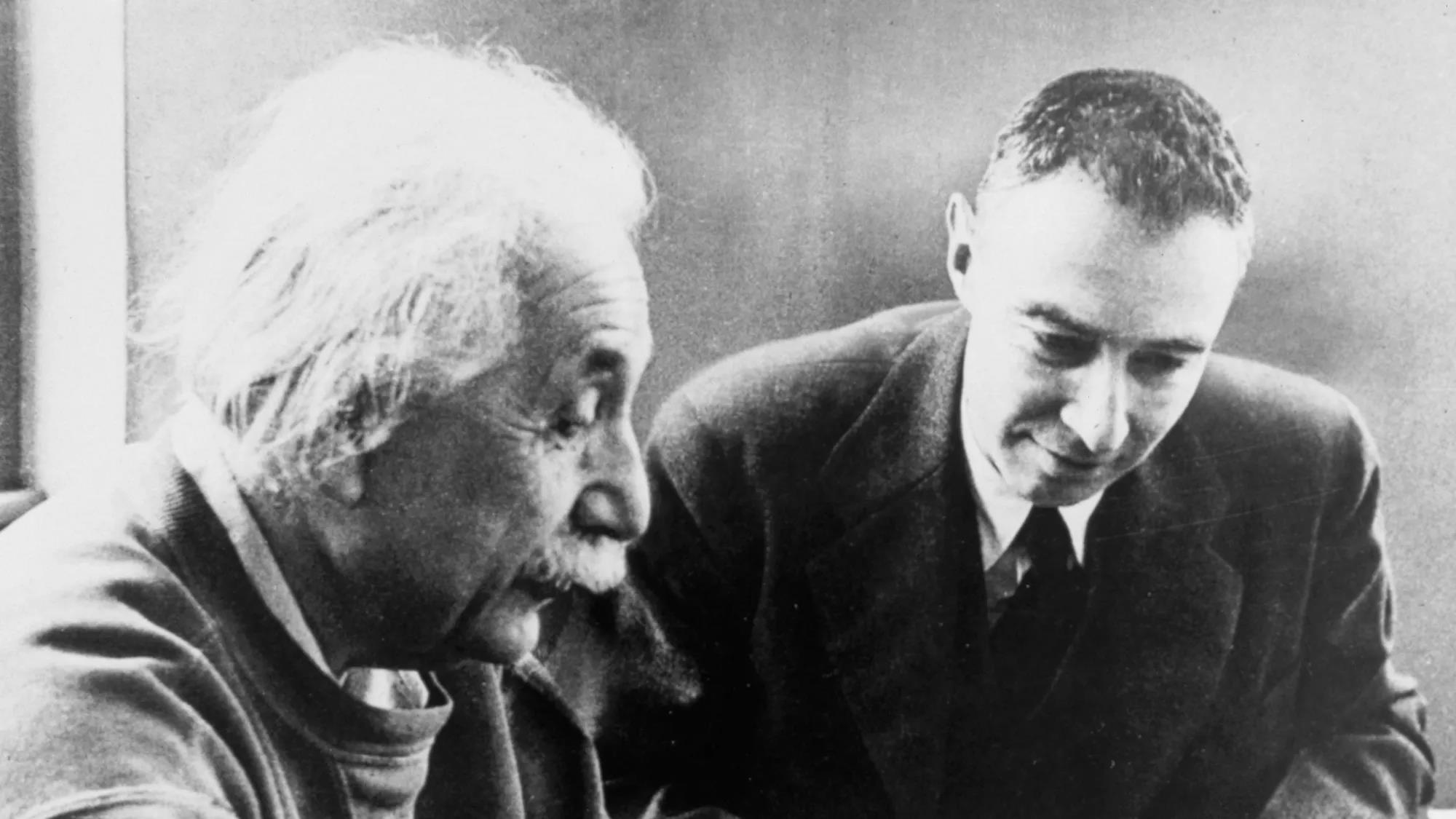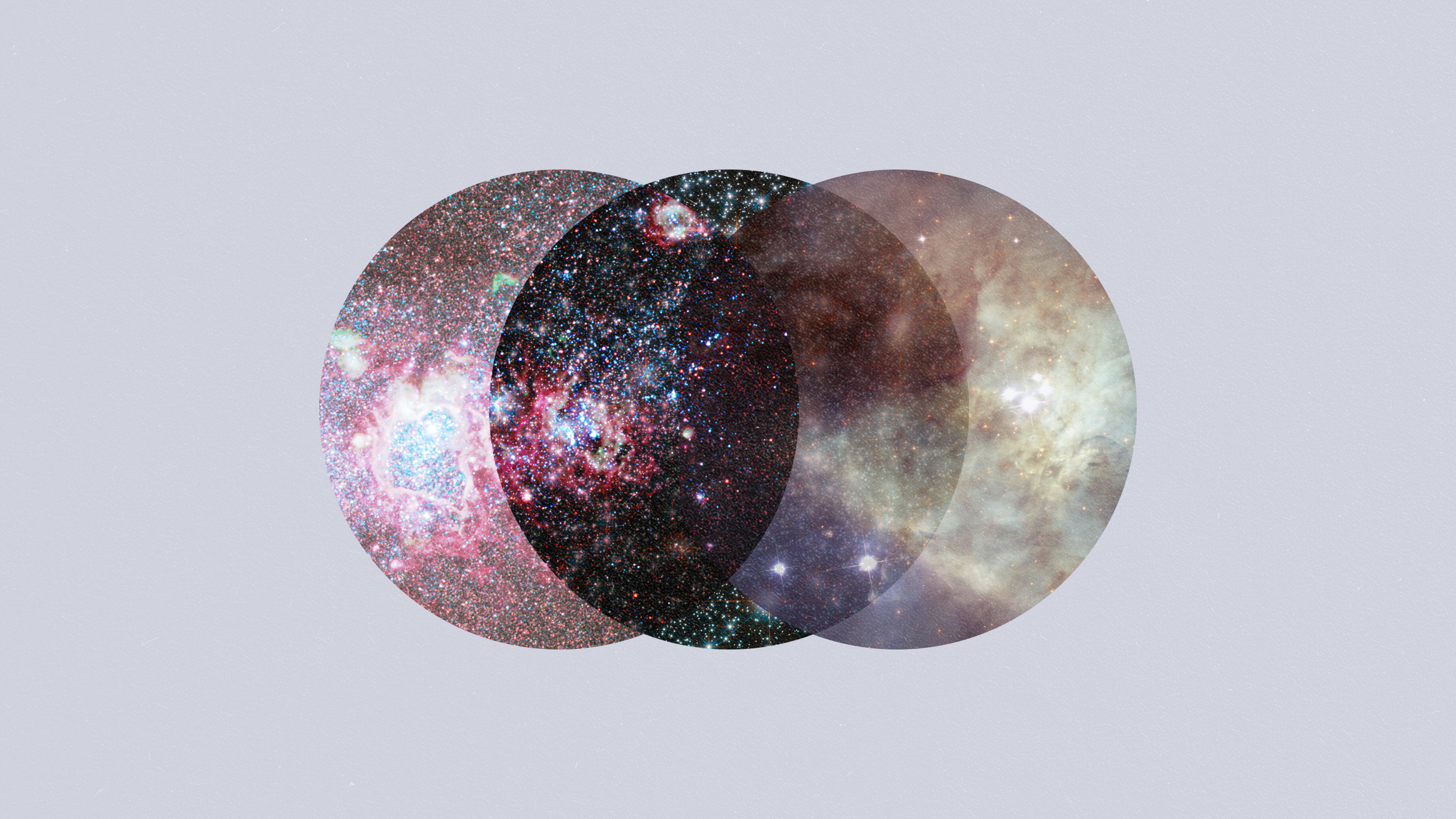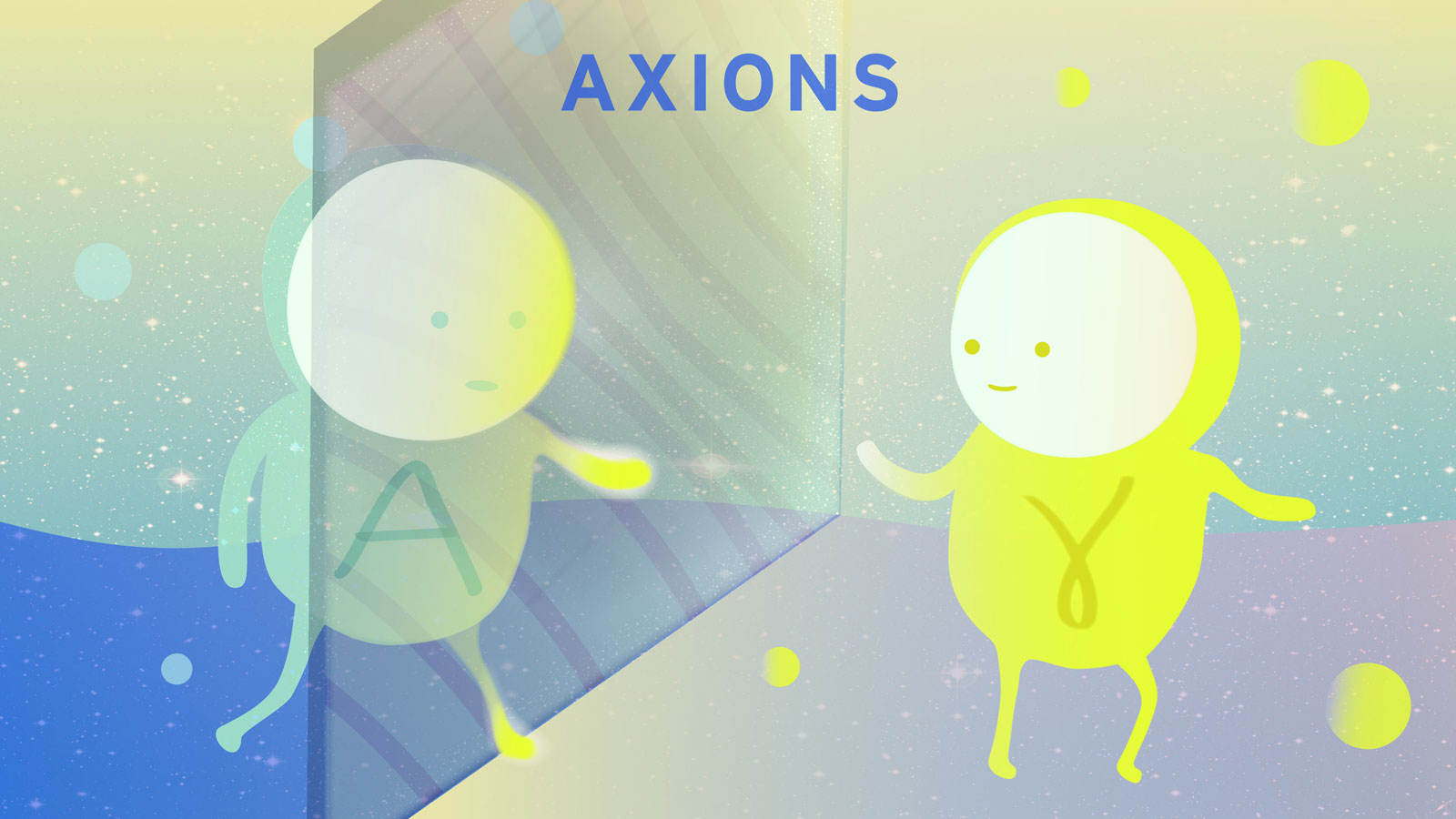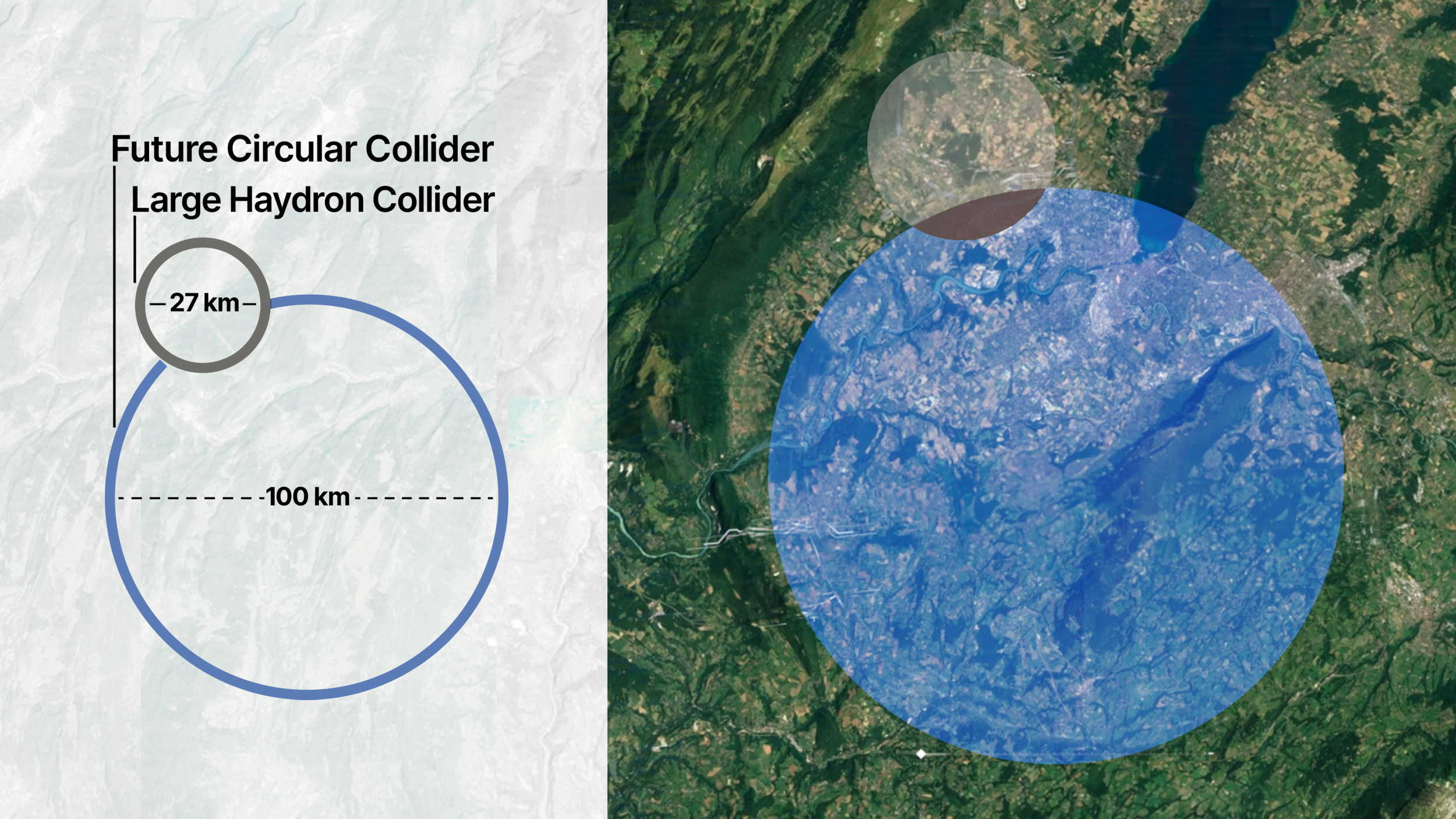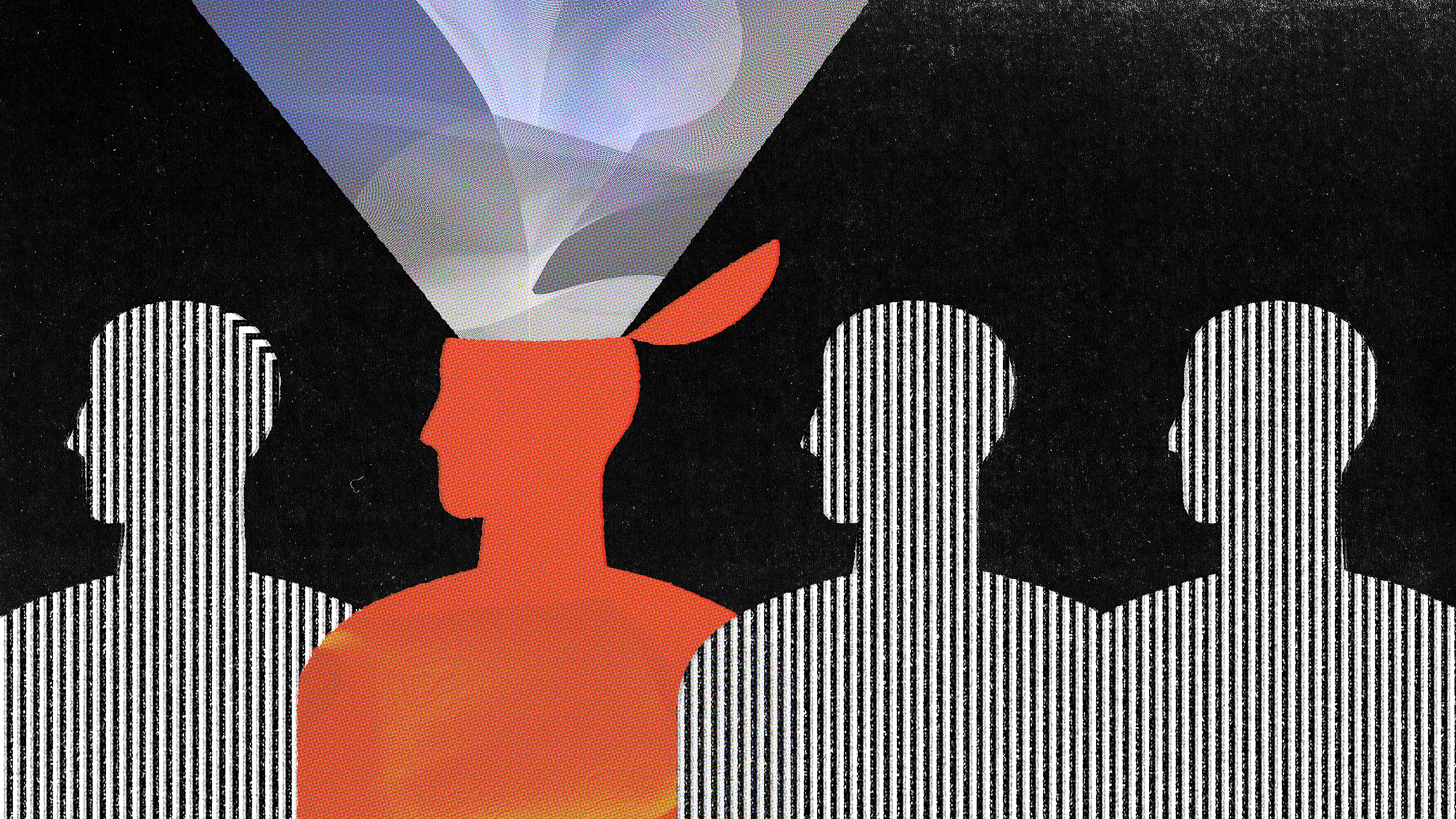“Having more stem cell activity is good for regeneration, but too much of a good thing over time can have less favorable consequences.”
Search Results
You searched for: energy
The matter that creates black holes won’t be what comes out when they evaporate. Will the black hole information paradox ever be solved?
The great hope is that beyond the indirect, astrophysical evidence we have today, we’ll someday detect it directly. But what if we can’t?
There are two types of missing, or “dark” matter: baryonic (made of normal matter) and non-baryonic. Have we finally found the normal stuff?
Supermassive black holes at the centers of galaxies gobble up whatever matter ventures too close, becoming active. Here’s how they work.
“Stargate” could be used to train the world’s most powerful AIs.
We confidently state that the Universe is known to be 13.8 billion years old, with an uncertainty of just 1%. Here’s how we know.
Wind energy is one of the cleanest, greenest sources of power. But could it have the sneaky side-effect of changing the weather?
Newborn stars are surrounded only by a featureless disk. Debris disks persist for hundreds of millions of years. So when do planets form?
Over time, the Universe becomes less dominated by dark matter and more dominated by dark energy. Is one transforming into the other?
The double-slit experiment, hundreds of years after it was first performed, still holds the key mystery at the heart of quantum physics.
Much like energy and nutrients flow in a continuous cycle between the elements of a natural ecosystem, a free flow of knowledge fuels the growth of a learning ecosystem.
If you’ve found yourself befuddled by extraordinary scientific-sounding claims, you’re not alone. But this centuries-old lesson can help.
2023 is an exciting time for the study of quark-gluon plasmas.
The first observational evidence showing the Universe is expanding is 100 years old now: in 2023. Here’s the story of its 100th anniversary.
Smashing things together at unprecedented energies sounds dangerous. But it’s nothing the Universe hasn’t already seen, and survived.
In our common experience, you can’t get something for nothing. In the quantum realm, something really can emerge from nothing.
Yes, “the laws of physics break down” at singularities. But something really weird must have happened for black holes to not possess them.
There are a few clues that the Universe isn’t completely adding up. Even so, the standard model of cosmology holds up stronger than ever.
Two very different ideas, wormholes and quantum entanglement, might be fundamentally related. What would “ER = EPR” mean for our Universe?
If dogs are out in coats and boots, how are the squirrels feeling?
For many years, cosmologists have claimed the Universe is 13.8 billion years old. A new paper says no, it’s 26.7 billion. How do we decide?
There’s an extra source of massive “stuff” in our Universe beyond what gravitation and normal matter can explain. Could light be the answer?
Even with the quantum rules governing the Universe, there are limits to what matter can withstand. Beyond that, black holes are unavoidable.
What do ghosts and anomalous galaxy rotation rates have in common? Some sci-fi enthusiasts believe the answer involves “parallel universes.”
The majority of the matter in our Universe isn’t made of any of the particles in the Standard Model. Could the axion save the day?
The $21.5-billion project could involve tunneling hundreds of feet under Lake Geneva.
To kickstart innovation follow the insider startup knowledge about charisma, “well-rounded square pegs,” and rock-solid teams.
We’ve heard this argument before.

